In recent weeks, a viral Facebook video has caused a stir, claiming that the U.S. government is distributing a $1,000 stimulus check to all American citizens in November and December 2024. The video suggests that the payment is intended to help ease the burden of rising credit card debt and provide relief amid growing national debt. With thousands of shares and likes, the claim has spread widely, sparking confusion and hope for financial relief. However, upon closer inspection, the claim is far from accurate. Here’s what you need to know to separate fact from fiction.
The IRS Response: A Quick Dismissal of the Claim
This Article Includes [hide]
The Internal Revenue Service (IRS) has swiftly responded to the viral claim, categorically denying the existence of a new $1,000 stimulus check. In a statement provided to Check Your Fact, an IRS spokesperson confirmed that no such initiative is in the works. They also issued a warning about misleading content circulating on social media, emphasizing that financially vulnerable individuals could be exploited by such false claims. The IRS further reminded the public that they should always rely on trusted sources for information about government programs.
False Claims Fueled by Manipulated Video Content
The heart of the misinformation comes from a viral video that begins with a segment featuring CBS News anchor Norah O’Donnell. However, the clip is not what it appears. The video has been manipulated by splicing together an old CBS News broadcast from June 2023, which covered the rise in credit card debt in the U.S. The original segment, however, never mentioned any new stimulus payments.
TrueMedia.org, a content verification organization, confirmed that the video was edited to create the illusion of a connection between the 2023 news broadcast and the claim of a $1,000 stimulus check being distributed in 2024. This is a classic example of how videos and other media can be altered to push false narratives and create confusion.
No Official Announcements or Sources
For any government relief program, especially one involving direct payments like a stimulus check, official announcements would typically be made by agencies such as the IRS or the U.S. Department of Treasury. These agencies would release statements through trusted media outlets and their official websites.
A thorough search of these platforms, as well as reputable news outlets, has found no mention of any new stimulus checks. Additionally, the IRS’s verified social media channels have not released any statements related to such payments. If such a program existed, it would likely have been accompanied by clear eligibility guidelines, a detailed distribution process, and extensive media coverage — all of which are absent in this case.
Why Misinformation Spreads So Easily
The spread of false claims, like the one about the $1,000 stimulus check, is often fueled by widespread financial anxiety. With inflation on the rise, credit card debt growing, and economic uncertainty affecting many Americans, people are especially receptive to promises of relief.
The viral video plays into these fears by offering a glimmer of hope in the form of a government handout. It capitalizes on public longing for the kind of financial support seen during the COVID-19 pandemic. Unfortunately, scammers and content manipulators often take advantage of this vulnerability to spread misinformation and generate excitement or panic, which helps their content go viral.
How to Spot Misinformation
If you come across similar claims online, it’s important to be able to distinguish fact from fiction. Here are a few tips for verifying the authenticity of financial information:
- Check Trusted Sources: Always verify financial claims through credible government websites, such as the IRS website (irs.gov), or reputable news outlets. Official announcements will typically come from these sources first.
- Examine the Video Source: Be cautious of videos that appear to contain news segments or other media clips. Misleading content often uses outdated footage or manipulates information to suit its agenda. Verify the original source and the context of any video.
- Consult Experts: If you’re unsure about the legitimacy of a claim, it’s a good idea to consult a financial professional, accountant, or tax expert. They can help you understand the facts and avoid falling for scams.
Conclusion
The claim that the U.S. government is distributing a $1,000 stimulus check in late 2024 is false. The viral video relies on manipulated footage from a CBS News segment aired over a year ago and makes misleading claims about the government’s actions.
There is no new stimulus package in the works, and official sources like the IRS and the Department of Treasury have made no announcements regarding such payments. As always, it’s crucial for Americans to verify financial information with trusted, credible sources to avoid being misled by false claims circulating on social media.
Stay informed, and be cautious about the information you encounter online to protect yourself from scams and misinformation.
Read More:
- U.S. Government Distributes $500 Stimulus Checks to these citizens
- Who Qualifies for the $6,400 Stimulus Check? Find Out Here!

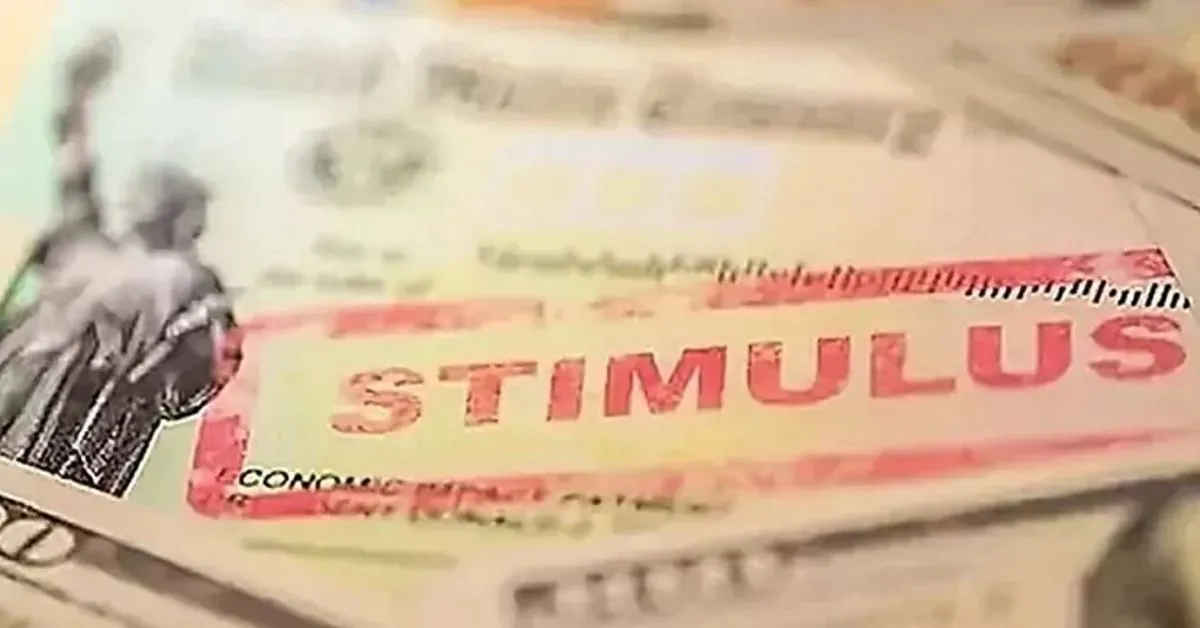
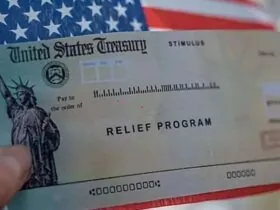




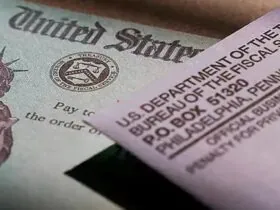
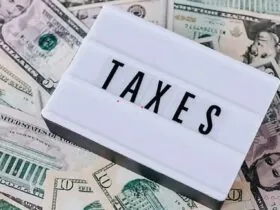
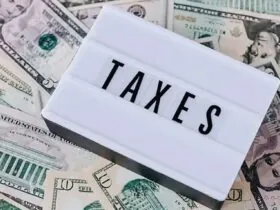
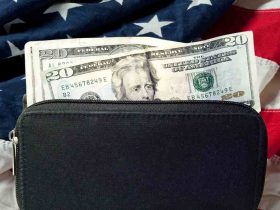
Leave a Reply